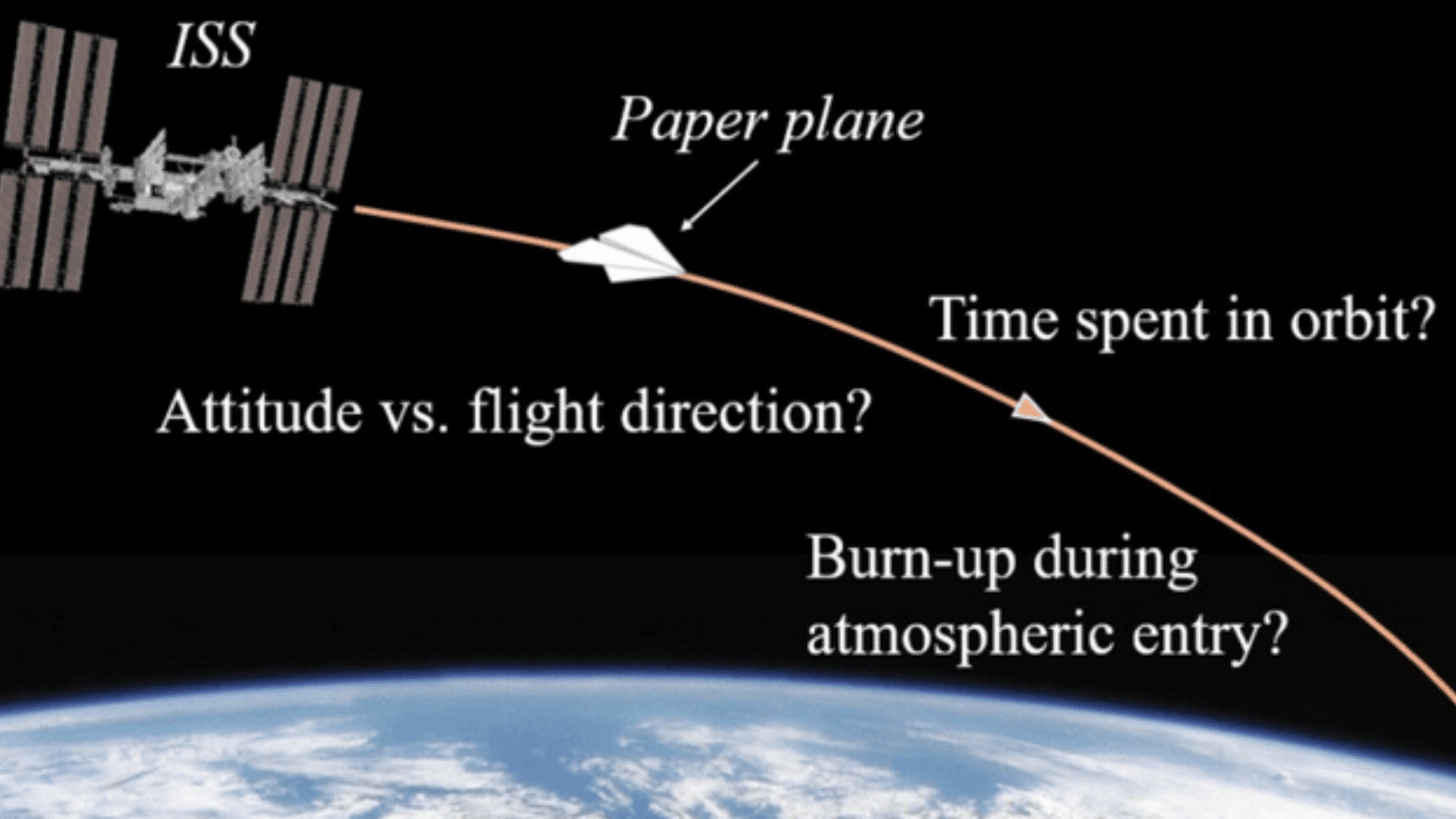Aviation currently accounts for about 2.5 percent of global CO2 emissions, and this value is set to increase. As a result, many airlines have been working to decrease their carbon footprint and be more sustainable in a variety of ways.
Reducing single-use plastic waste inflight
In a similar measure to other industries, many airlines have begun removing or reducing single-use plastic on their flights. For example, Air New Zealand committed to removing 55 million plastic items for its flights in 2019, including individual sauce packets, water cups, and coffee lids. Similarly, in 2020 British Airways announced its plan to remove 700 tonnes of single-use plastic from its flights during the year.

Delta is in the process of removing all single-use plastic from flights, which will eliminate over 300,000 pounds of plastic per year. Delta is also using recycled materials to create pillows and blankets for its cabins, further adding to the reduction of plastic waste.
Using fuel-efficient aircrafts
All airplanes are not created equal in terms of their fuel efficiency and sustainability. Boeing creates some of the world’s most sustainable airplanes, and many airlines are taking notice. Allegiant Airlines recently added 50 Boeing 737s to its fleet, which burn 20 percent less fuel than the company’s existing fleet. Qantas also invested in more Boeing 787 plans in order to meet its goal of cutting 25 percent of its carbon emissions by 2030.

Alaska Airlines are taking the Boeing 737 to a new level by teaming up with Alaska Airlines to test Boeing’s 737 Max 9 ecoDemonstrater. This program aims to test new technologies that can maximize aircraft efficiency. This plane is fitted with longer fan blades, uses aerodynamic winglets on the wing, and includes low-profile anticollision light, all to reduce the rate of fuel burn and/or drag.
Offsetting carbon emissions
Using fuel-efficient aircraft is one way to reduce carbon emissions, but sometimes it is not enough. One solution many airlines have begun implementing is offsetting their carbon emissions by investing in carbon reduction projects around the world. These projects range from reforestation to rainforest protection to wind and solar farm construction.

For example, the Emirates uses programs like recycling and waste minimization processes, water efficiency projects, and conversation-based tourism developments. Qantas, which has been certified carbon neutral under the NCOS Carbon Neutral Program, has invested in empowering rainforest communities and protecting wilderness areas.
Small-scale adjustments
Not every sustainable swap has to be a massive change in an airline’s work—many small-scale adjustments can have a major ripple effect on an airline’s carbon footprint. Delta, for example, partnered with Looptworks to upcycle more than 350,000 pounds of textiles from recycled employee uniforms. Alaska Airlines has also reduced its reliance on paper products by 50 percent, stopped serving straws, and now composts coffee grounds.

Additionally, Alaska Airlines uses split scimitar winglets that save an estimated 34,000 gallons of fuel per aircraft per year. Alaska Airlines also took part in a Greener Skies research program that led to sustainable innovations in landing technologies, noise pollution, and fuel usage. The program’s goal is to power all flights from the Seattle-Tacoma International Airport with biofuel, a more sustainable fuel made from plants.







